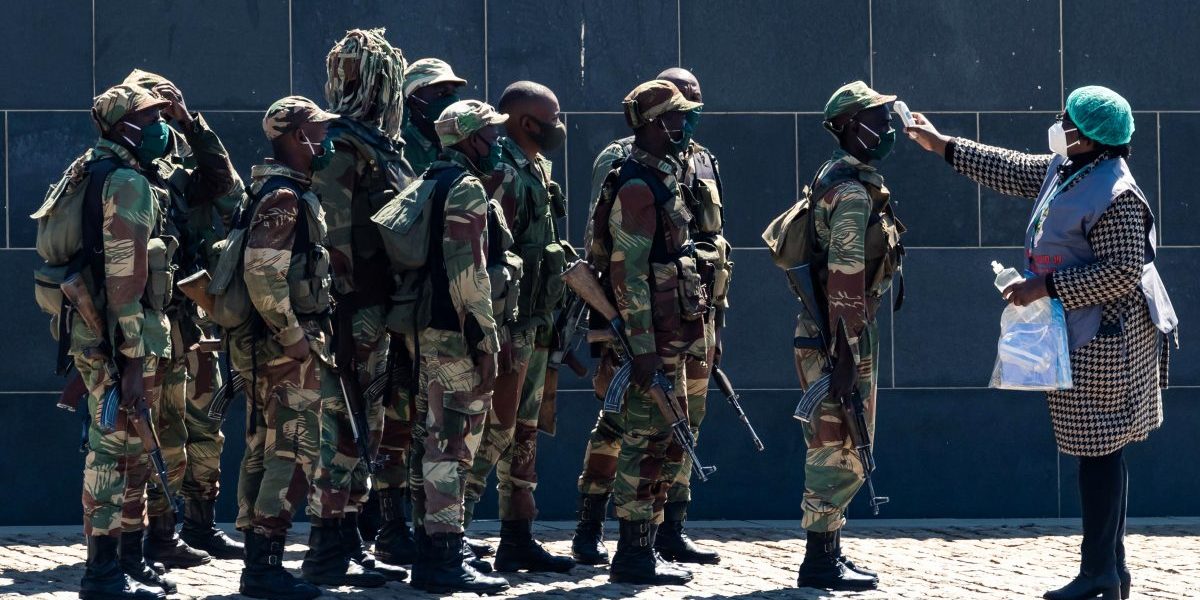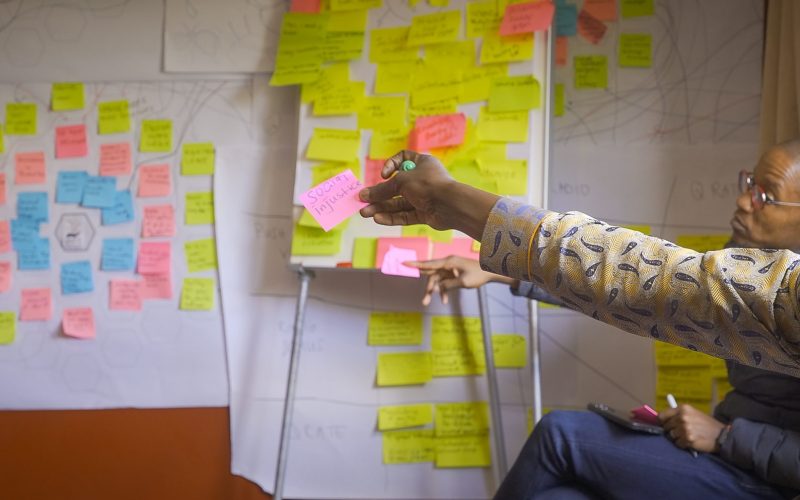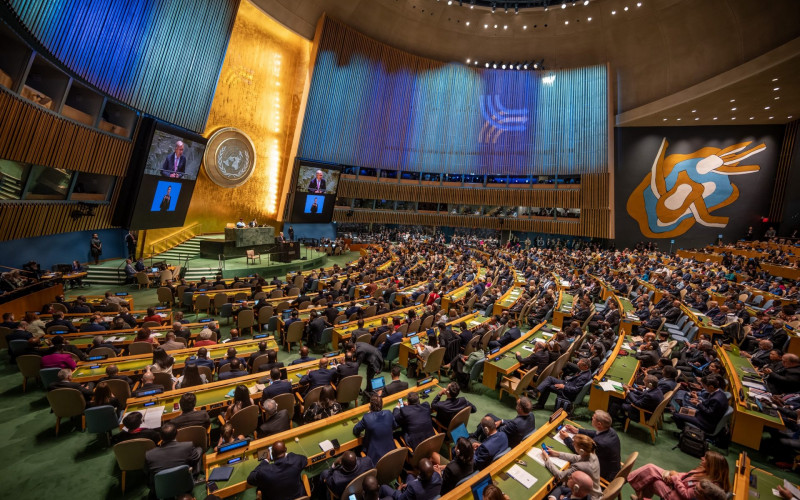Summary:
- Southern Africa experiences domestic, continental and global turbulence. Peace and security, democracy and development are under threat. The COVID-19 pandemic has accelerated these trends.
- Institutional and decision-making limitations hamper SADC’s ability to respond to large-scale crises – such as natural calamity (floods, cyclone, pandemic) or widespread violence (civil war, violent cross-border extremism).
- Can anticipatory governance (AG) assist? AG is a nonpredictive approach to enhance present‐day preparedness, including through building capacities in foresight and multi‐stakeholder engagement, to steer away from possible future disruptive impacts.
- By adopting AG, SADC might be able to explore plausible futures, build adaptive capacities and enhance preparedness to navigate uncertain futures.
- The paper examines the impact of the COVID-19 pandemic on the region, analyses the insurgency in northern Mozambique and demonstrates the scenario technique to explore alternative ways of anticipating future developments.
- A deep security sector review is recommended, among others, for SADC to better manage its dynamic and fast-changing peace and security environment.








